Sponsored Links
Broadband ISP Fears Grow over New BT Phone Line Engineer Charges
Posted: 26th Jan, 2010 By: MarkJ
 Dissatisfaction with BT engineer visits and the costs that can be incurred are nothing new (see here). Rarely does a week go by without somebody somewhere complaining of an unfair charge or similar annoyance. The good news is that BT has proposed a new Special Faults Investigation 2 (SFI2) service to put right a few of these wrongs; the bad news is that some ISPs suggest it could do the opposite.
Dissatisfaction with BT engineer visits and the costs that can be incurred are nothing new (see here). Rarely does a week go by without somebody somewhere complaining of an unfair charge or similar annoyance. The good news is that BT has proposed a new Special Faults Investigation 2 (SFI2) service to put right a few of these wrongs; the bad news is that some ISPs suggest it could do the opposite.Officially BT are supposed to have responsibility for every part of your phone line within their realm, which is essentially everything up to where that line enters a buildings phone socket. So if something goes wrong within their realm then you shouldn't have to pay but if it goes wrong within the end-users realm then that’s on you, via an SFI. Fair enough.
Chargeable SFI examples include:
- Faults found on non-BT wiring at the end user premises
- Faults found on customer CPE which is not maintained by BT
- Line tested OK by the engineer and fault due to unplugged wires etc.
- Fault proved to broadband modem or router
- Faults found on non-BT wiring at the end user premises
- Faults found on customer CPE which is not maintained by BT
- Line tested OK by the engineer and fault due to unplugged wires etc.
- Fault proved to broadband modem or router
Sadly a lot of customers have found themselves being charged for work that should not carry a cost. One quick glance at the comments in this BBC Watchdog Blog from October 2009 highlights the issue quite well. Similarly ISPs often privately confide in us about how much effort they have to put into appealing charges, such as when an engineer has not turned up but still bills for an abortive visit, despite the customer waiting in all day.
In fairness the majority of BT engineers do not charge for illegitimate reasons and some even try to avoid making charges where one should have perhaps been raised; it’s not an entirely engineer specific problem. In any case it’s not too tough to find people who have had a bad experience.
The forthcoming SFI2 has thus been designed with feedback from unbundled (LLU) providers and is primarily focused towards tackling LLU ISP issues. SFI2 appears to be modular and has the option not to include the end user realm work, among other benefits.
Simon Davies, a Director for ISP IDNet UK, summarised:
"We're not big fans of SFI because BT now force it as the only method to get on-site fault resolution. When BT first announced SFI it was to be an optional service that we could request if we wished.
That said, SFI2 has some improvements which we welcome: no longer being restricted to a maximum of 2 hours will help to get to the bottom of intermittent problems and a "check list" which is to be agreed with the customer at the end of the visit should help reduce the "confusion" that arises where an engineers notes do not match-up with the customers understanding of what took place during the visit."
"We're not big fans of SFI because BT now force it as the only method to get on-site fault resolution. When BT first announced SFI it was to be an optional service that we could request if we wished.
That said, SFI2 has some improvements which we welcome: no longer being restricted to a maximum of 2 hours will help to get to the bottom of intermittent problems and a "check list" which is to be agreed with the customer at the end of the visit should help reduce the "confusion" that arises where an engineers notes do not match-up with the customers understanding of what took place during the visit."
On the face of it this is great news but underneath the surface resides a nasty new call-out charge for "right when tested", as first reported last week by Thinkbroadband. The move has caused a lot of anger among some ISPs because it is perceived as BT effectively charging for work that is entirely within its own sphere to resolve.
Adrian Kennard, AAISP's Director, added:
"This is new! This is BT charging for work that is entirely within its realm. It's a monopoly - we cannot get third parties to do work on the BT line. We cannot get third parties to test the pair at the street cabinet, etc. BT are the only ones that can do that, and they now propose a call out charge. (Note that current SFI charges are more expensive than a new phone line and broadband installation)."
"This is new! This is BT charging for work that is entirely within its realm. It's a monopoly - we cannot get third parties to do work on the BT line. We cannot get third parties to test the pair at the street cabinet, etc. BT are the only ones that can do that, and they now propose a call out charge. (Note that current SFI charges are more expensive than a new phone line and broadband installation)."
SFI2 is unlikely to prevent BT and ISPs reaching an impasse on faults; the ISP says there is a BT fault and BT say there is not before pushing for an SFI and thus the risk of further charges. Some ISPs also insist that even when they can prove a fault on BT's infrastructure, BT do not believe them and still push towards the risk of an SFI charge.
Naturally ISPs cannot simply absorb such costly things and so it must be passed onto the customer, which adds an extra level of trauma to both the end-user and the ISP who has to deal with any inevitable complaints. So from the consumer perspective it's a simple concern that broadband users who suffer problems on their line could now face even bigger bills for fixing problems, perhaps without the fault itself even being resolved.
A BT spokesperson issued the following statement:
"Sophisticated tools and techniques are available today which can remotely identify and resolve most broadband faults. A SFI (special fault investigation) is only triggered once all other avenues have been explored and involves an Openreach engineer being sent to an end user's premise to investigate the issue further.
Openreach has redesigned its SFI engineering service to better support the advancements in remote diagnosis and improve first visit resolution of Broadband problems. The new Openreach product is known as SFI2 and it is expected to be launched in the Spring. Unlike today, where an SFI proved not to be in Openreach's network results in a one-off fee, the new offering will offer a modular pricing structure with fees only charged for modules necessary to resolve the issue.
Depending on these engineering work packages carried out, the charges may be lower than today's standard charge. Additionally the investigation itself will be more 'intelligent' with Openreach engineers using the latest test and diagnostic tools available in the industry in a structured procedure to trace a complex fault.
BT Wholesale is working with Openreach to be able to take full advantage of the new SFI2 product which is available on an equivalent basis to all Openreach customers.BT Wholesale expects its current process to change in the summer."
"Sophisticated tools and techniques are available today which can remotely identify and resolve most broadband faults. A SFI (special fault investigation) is only triggered once all other avenues have been explored and involves an Openreach engineer being sent to an end user's premise to investigate the issue further.
Openreach has redesigned its SFI engineering service to better support the advancements in remote diagnosis and improve first visit resolution of Broadband problems. The new Openreach product is known as SFI2 and it is expected to be launched in the Spring. Unlike today, where an SFI proved not to be in Openreach's network results in a one-off fee, the new offering will offer a modular pricing structure with fees only charged for modules necessary to resolve the issue.
Depending on these engineering work packages carried out, the charges may be lower than today's standard charge. Additionally the investigation itself will be more 'intelligent' with Openreach engineers using the latest test and diagnostic tools available in the industry in a structured procedure to trace a complex fault.
BT Wholesale is working with Openreach to be able to take full advantage of the new SFI2 product which is available on an equivalent basis to all Openreach customers.BT Wholesale expects its current process to change in the summer."
Adrian Kennard, AAISP's Director, responded:
"Even what he says misses the point that they do not "prove the fault not to be in openreach's (or just BT's) network". What they do is *fail* to identify the fault in their network as so *assume* it is in the end user equipment. They do not prove it is there. But that is the basis for them charging."
"Even what he says misses the point that they do not "prove the fault not to be in openreach's (or just BT's) network". What they do is *fail* to identify the fault in their network as so *assume* it is in the end user equipment. They do not prove it is there. But that is the basis for them charging."
The sheer complexity of BT's fault reporting system is no fun to be writing about and researching at the weekend, we can assure you of that. Indeed if you managed to read this far then give yourselves and big pat on the back, you've earned it. We can only hope that SFI2 will turn out to be better than the concerns suggest but in practice ISPs expect a few improvements but fear higher costs.
Search ISP News
Search ISP Listings
Search ISP Reviews
Latest UK ISP News
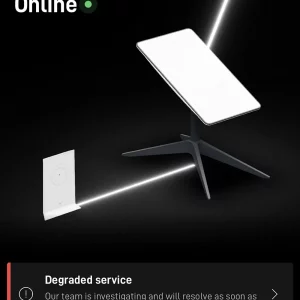
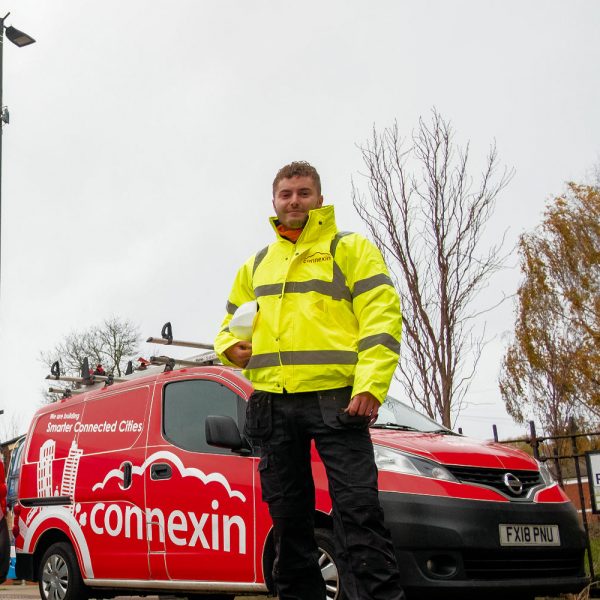
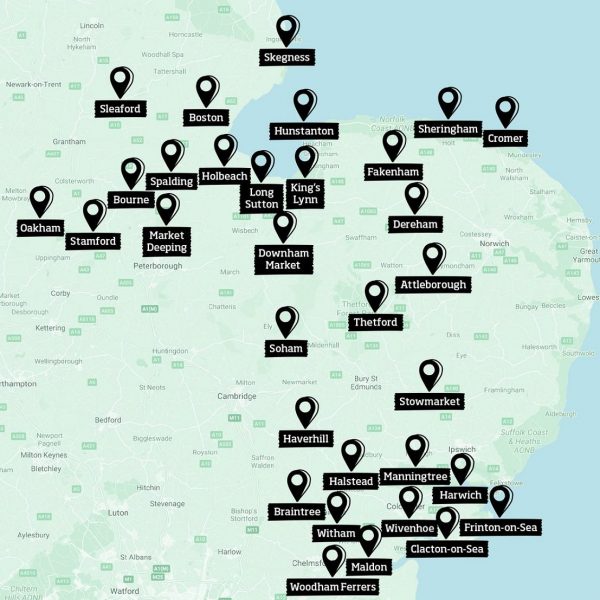
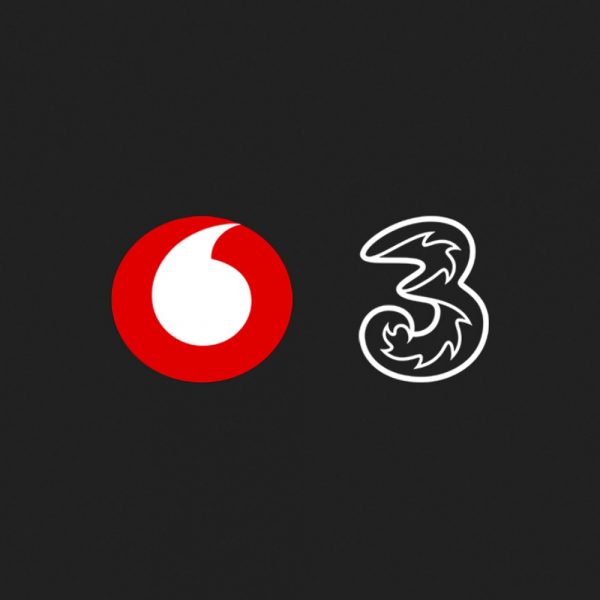

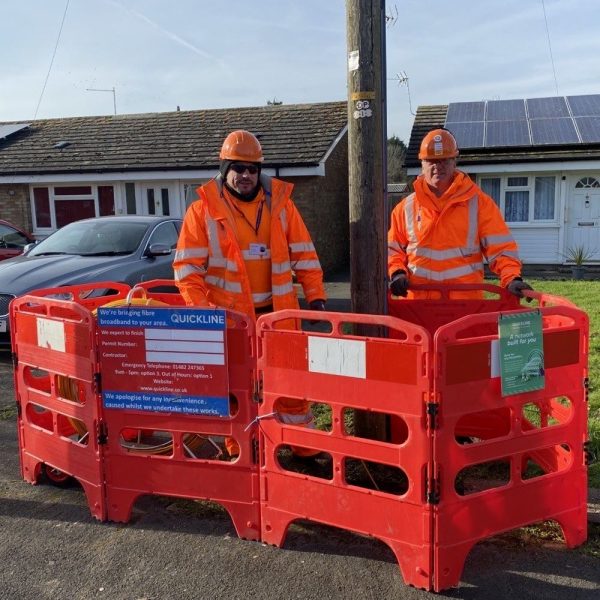


Cheap BIG ISPs for 100Mbps+
150,000+ Customers | View More ISPs
Cheapest ISPs for 100Mbps+
Modest Availability | View More ISPs
Latest UK ISP News
Helpful ISP Guides and Tips
Sponsored Links
The Top 15 Category Tags
- FTTP (5570)
- BT (3525)
- Politics (2548)
- Openreach (2308)
- Business (2278)
- Building Digital UK (2250)
- FTTC (2049)
- Mobile Broadband (1985)
- Statistics (1796)
- 4G (1675)
- Virgin Media (1633)
- Ofcom Regulation (1472)
- Fibre Optic (1405)
- Wireless Internet (1398)
- FTTH (1382)
Sponsored
Copyright © 1999 to Present - ISPreview.co.uk - All Rights Reserved - Terms , Privacy and Cookie Policy , Links , Website Rules






























